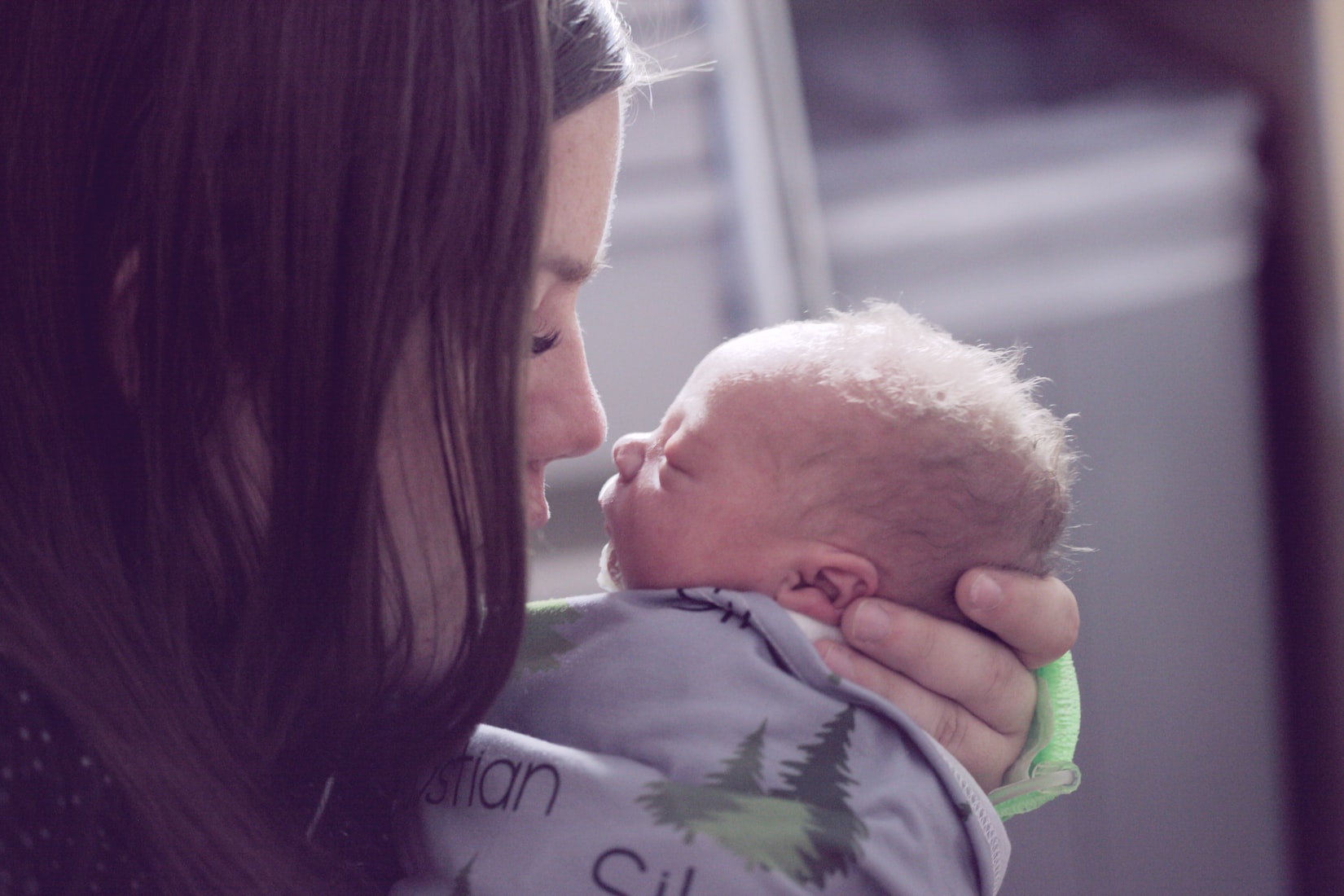Written by Mindy Schlechter, LSW, Galia Therapist
As we discussed recently here, pregnancy and childbirth are meaningful transitions which can shift our lives quickly. Women can be left feeling a sense of loss towards things like previous lifestyle, relationships, body image and the birthing experience itself. Now that we are aware of what a challenging transition this time can be, read on to find five helpful strategies for overcoming feelings of loss or disconnection in the postpartum period.
1. Get it out into the light!
The best first step to overcoming any significant burden is simply allowing the space of awareness and speaking into the problem itself. Common methods of expression which may help to minimize the impact of your grief process are writing or sharing your feelings. Asking and recording your responses (verbally or through writing) to the following questions may be helpful: What did you expect the birth to be? What do you feel you’re missing in the “4th Trimester”? What would your baby say about how the birth experience went? What support are you most lacking during this time? In this way we can allow ourselves to move toward what we may be avoiding, rather than resisting it
2. Connect with others who are feeling the same way.
A formal postpartum support group or an informal group of other understanding mamas can provide acknowledgement and validation for your feelings. Knowing that we aren’t alone in our grief can be a very significant and valuable tool. If you happen to be looking for a postpartum support group, check out our Postpartum Thrive Circle! Online blogs and postnatal podcasts are also a great place to find other mama’s personal journeys in dealing with postpartum challenges.
3. Bond with baby and practice gratitude for healthy outcomes.
It can be helpful to increase activities and opportunities which allow precious bonding time between you and baby. You can use this time to practice gratitude for milestones attained and ongoing development, which will shift your mental focus into the present tense. Parenting centers and community organizations often offer “Mommy and Me” style activities like yoga, tummy time, or music classes that moms and babies can enjoy together (even if it’s offered virtually!). Present-time opportunities like these allow us to spend less time focusing on “what was” and more time adjusting to new norms or realities.
4. Accept that grieving is a non-linear process.
How often do you hear others instructing a grieving person to hurry up and get over it? You likely don’t hear that because grief is a process and it doesn’t follow any rules of engagement. By inviting and nurturing our grief and it’s wisdom, we can honor it rather than resist it. Having a conversation with our grief to anchor gratitude for “what was” and understand the lessons and learnings it offers can be helpful in allowing full expression of the cycle of grief.
5. Venting or releasing our physical manifestations of grief.
Grief can show up in our physical bodies as well as our emotional bodies, so we must tend to the goal of finding physiological release and restoration. Physical exercise, relaxing baths, and mindful breathing techniques are a few ways to move stagnant energy in the body. If you have a spiritual practice of prayer or meditation, this can also help strengthen your work to forgive and release any incomplete aspects you may be holding onto. Bodywork is another very important strategy for assisting the body to heal. Massage, chiropractic care, acupuncture and other forms of bodywork are excellent ways to restore balance and assist the body in “letting go”.
In addition to the strategies above and general reframing of your postpartum challenges, you may still require assistance from your doctor or mental health provider and/or require medication to manage symptoms. Through awareness, focus and support we can begin to shift our new postpartum reality into something more manageable and balanced for a healthy mama and baby!


